Rheumatoid arthritis is an autoimmune disease, as opposed to the traditional ‘wear and tear’ arthritis (osteoarthritis). It occurs when your body’s immune system attacks your own cells at the lining of the joints. This causes pain, swelling and inflammation. Rheumatoid arthritis isn’t limited to just the lower limbs but affects the whole body, primarily the small joints in the hands and feet.
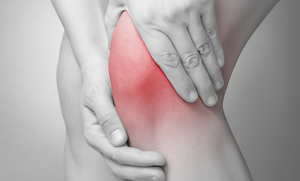 In
an RA flare, the body’s immune system attacks the joint capsule lining, called the synovial membrane. As the lining becomes
inflamed, it is no longer able to produce the synovial fluid which works to lubricate joints and nourish the cartilage and bone ends. This
means the joints stiffen and mobility becomes harder. With repetitive inflammation during flares, the cartilage and connective tissues
become damaged and the joint capsule can lose its ability to stabilise the joints. While the exact reason for the body getting
confused and attacking its own cells at the joints is not well understood, it has been thought that hereditary factors may increase
your chance of developing it. Other contributing factors include smoking and the female gender. Flares often occur without an
identifiable cause, though some causes have been attributed to stress, illness and injury. Some of those affected report that cold
temperatures and weather affect their symptoms.
In
an RA flare, the body’s immune system attacks the joint capsule lining, called the synovial membrane. As the lining becomes
inflamed, it is no longer able to produce the synovial fluid which works to lubricate joints and nourish the cartilage and bone ends. This
means the joints stiffen and mobility becomes harder. With repetitive inflammation during flares, the cartilage and connective tissues
become damaged and the joint capsule can lose its ability to stabilise the joints. While the exact reason for the body getting
confused and attacking its own cells at the joints is not well understood, it has been thought that hereditary factors may increase
your chance of developing it. Other contributing factors include smoking and the female gender. Flares often occur without an
identifiable cause, though some causes have been attributed to stress, illness and injury. Some of those affected report that cold
temperatures and weather affect their symptoms.
Rheumatoid Arthritis typically presents symmetrically. These flares come and go unpredictably and can affect many joints at once. The effects of RA progressively worsen and the joints incur more damage, until the joints are left with very little movement. This is why management has a big focus on slowing down the progression of symptoms and maintaining as much mobility as possible. Generally, symptoms include:
Your GP may be able to provide medication and other therapies to help manage the symptoms of RA and slow its progression. These will likely involve anti-inflammatory medications. As Podiatrists, we look at ways to reduce pain in the joints of your feet and legs, improving your comfort and general quality of life. Custom-prescribed orthotics are often used to increase comfort, absorb shock, and decrease the load through high-pressure areas and joints at the feet. Keeping you comfortable and mobile allows you to continue to carry out your daily activities. Exercises can also help you maintain your muscle strength and range of motion at the joints, slowing down the progression of symptoms.
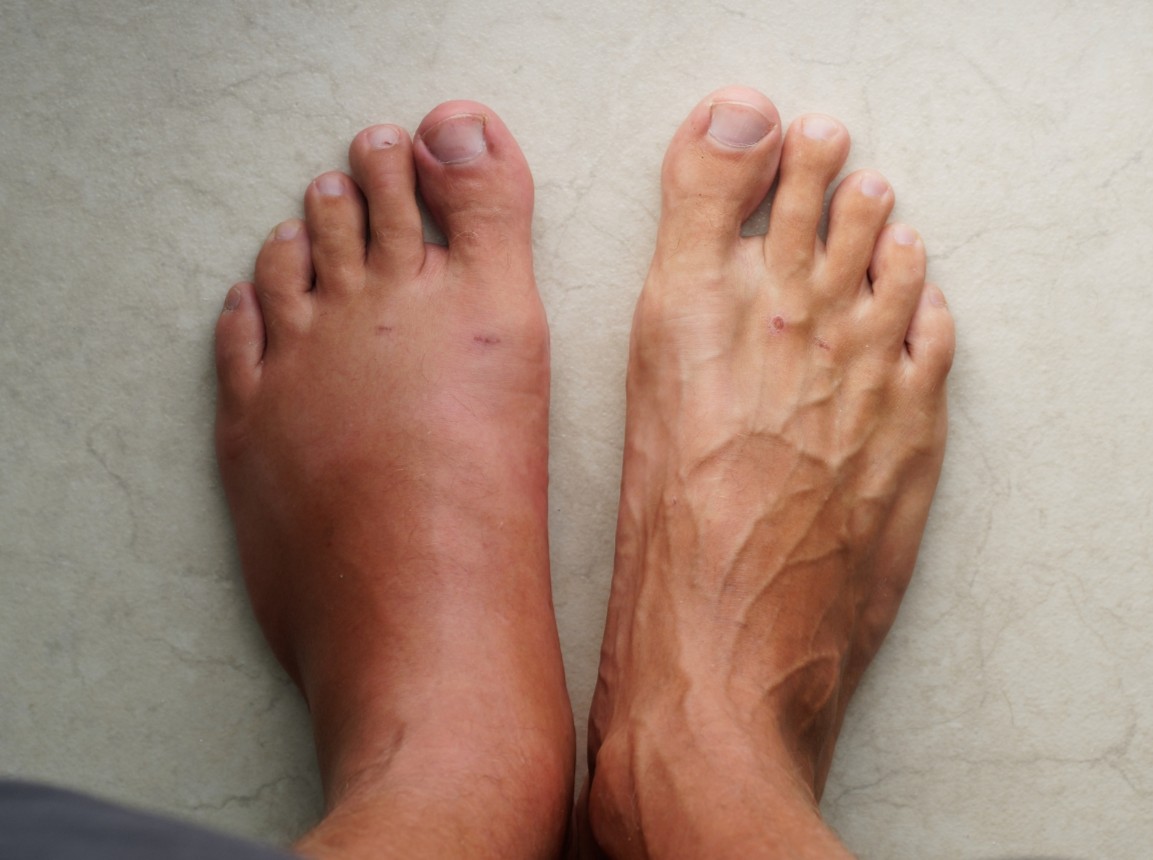
We’ve all had those days — you come home after hours on your feet, kick off your shoes, and notice your ankles look puffier than usual.
Swelling in the feet, ankles, or legs (known medically as edema) isn’t always a reason to panic. It can be as simple as a
salty lunch or a long flight.
But what if it’s happening more often — or seems to be getting worse? Swelling can sometimes be a sign of something more serious. Here’s
what could be going on and when to check in with your doctor.
.jpg)
Every year on October 8th, the world celebrates International Podiatry Day - a day dedicated to
raising awareness about foot health and the vital role that podiatrists play in our overall well-being.
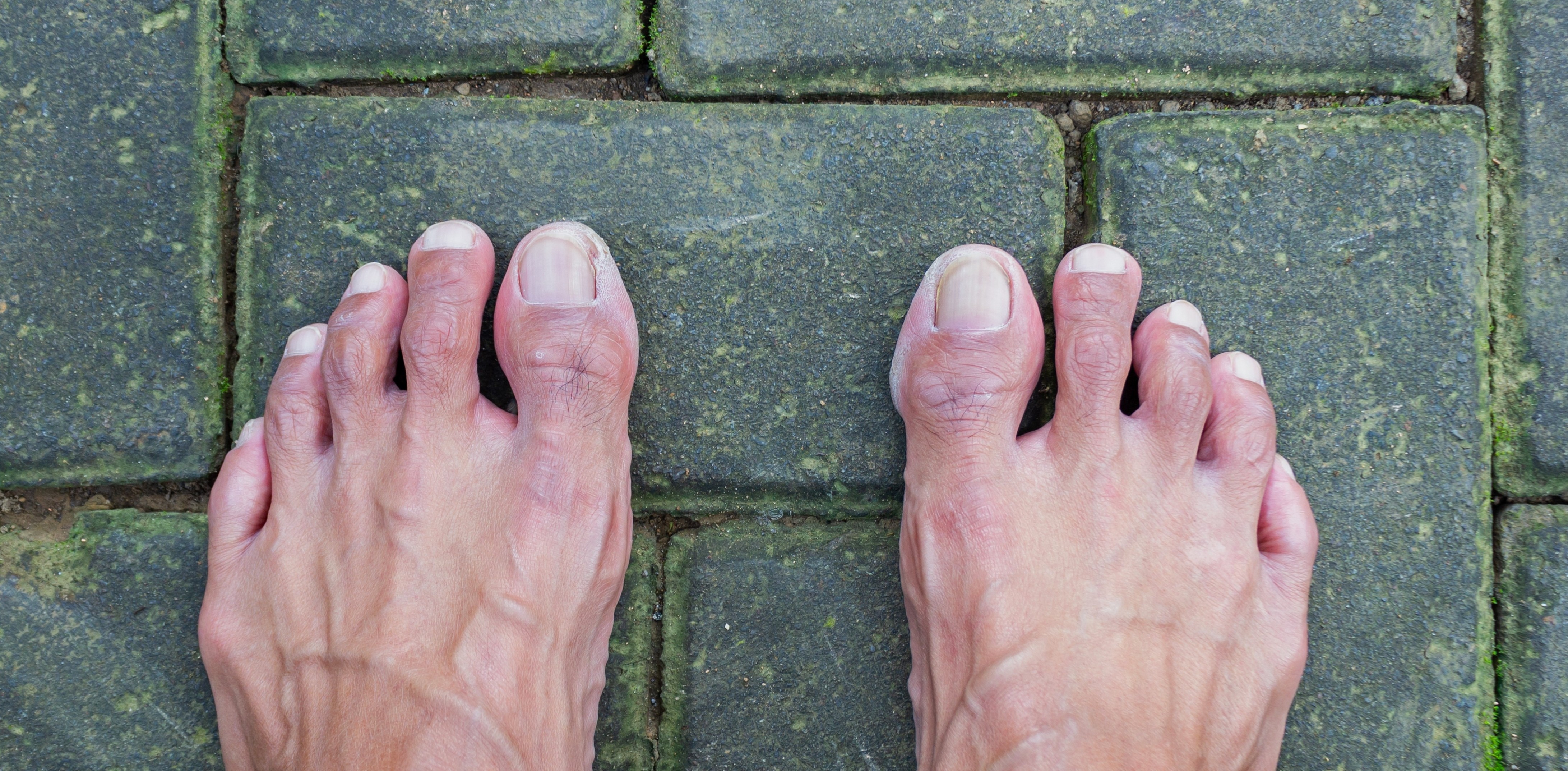
There’s been a lot of buzz about going barefoot. Some say it helps strengthen feet and improves performance, while others warn it can do more harm than good. The truth? It depends on the person, the surface, and how it’s done.
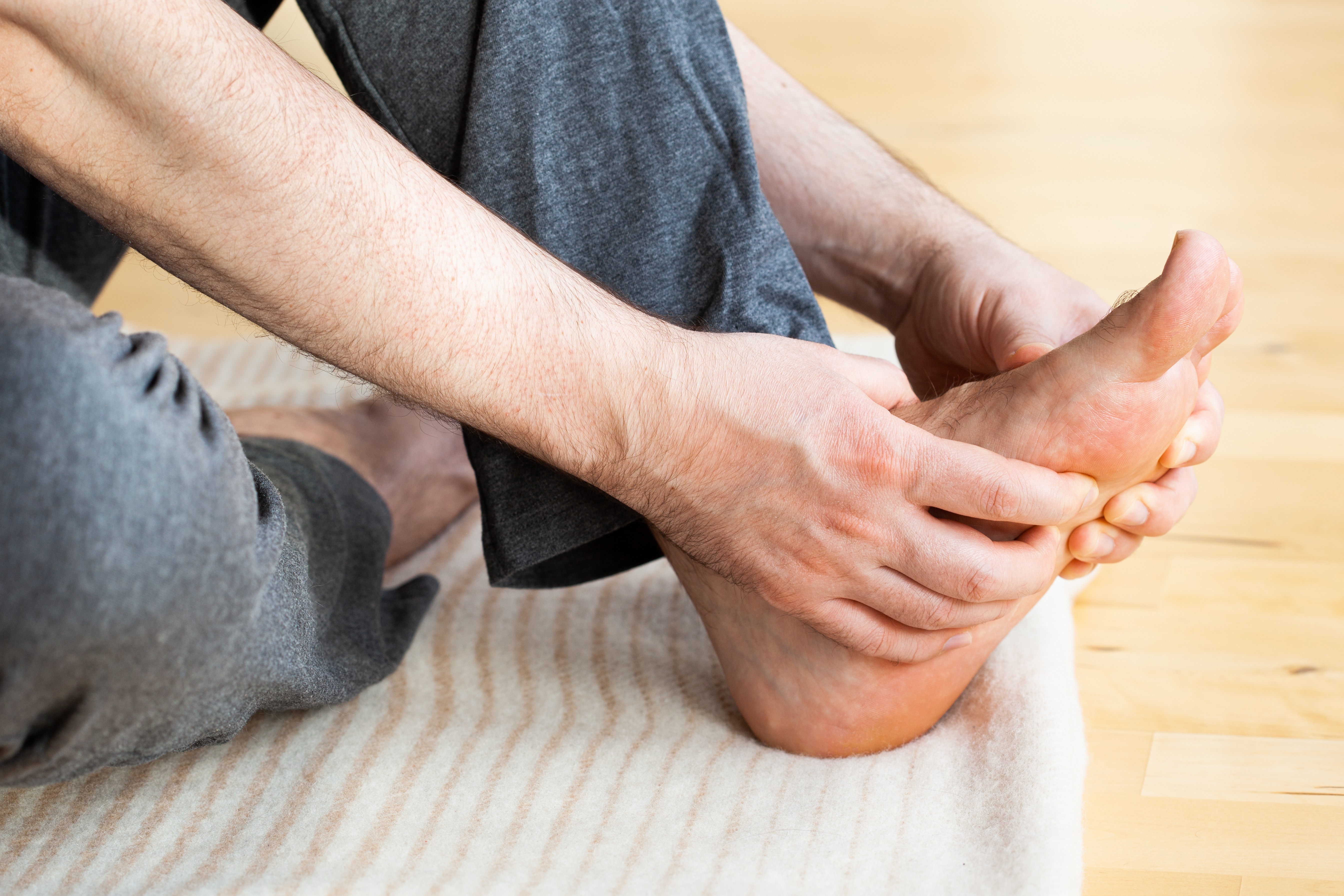
At Perform Podiatry, we specialise in conservative, evidence-based treatments that are safe, effective, and suitable for patients of all ages. One of the most successful options we offer is high-strength salicylic acid therapy.
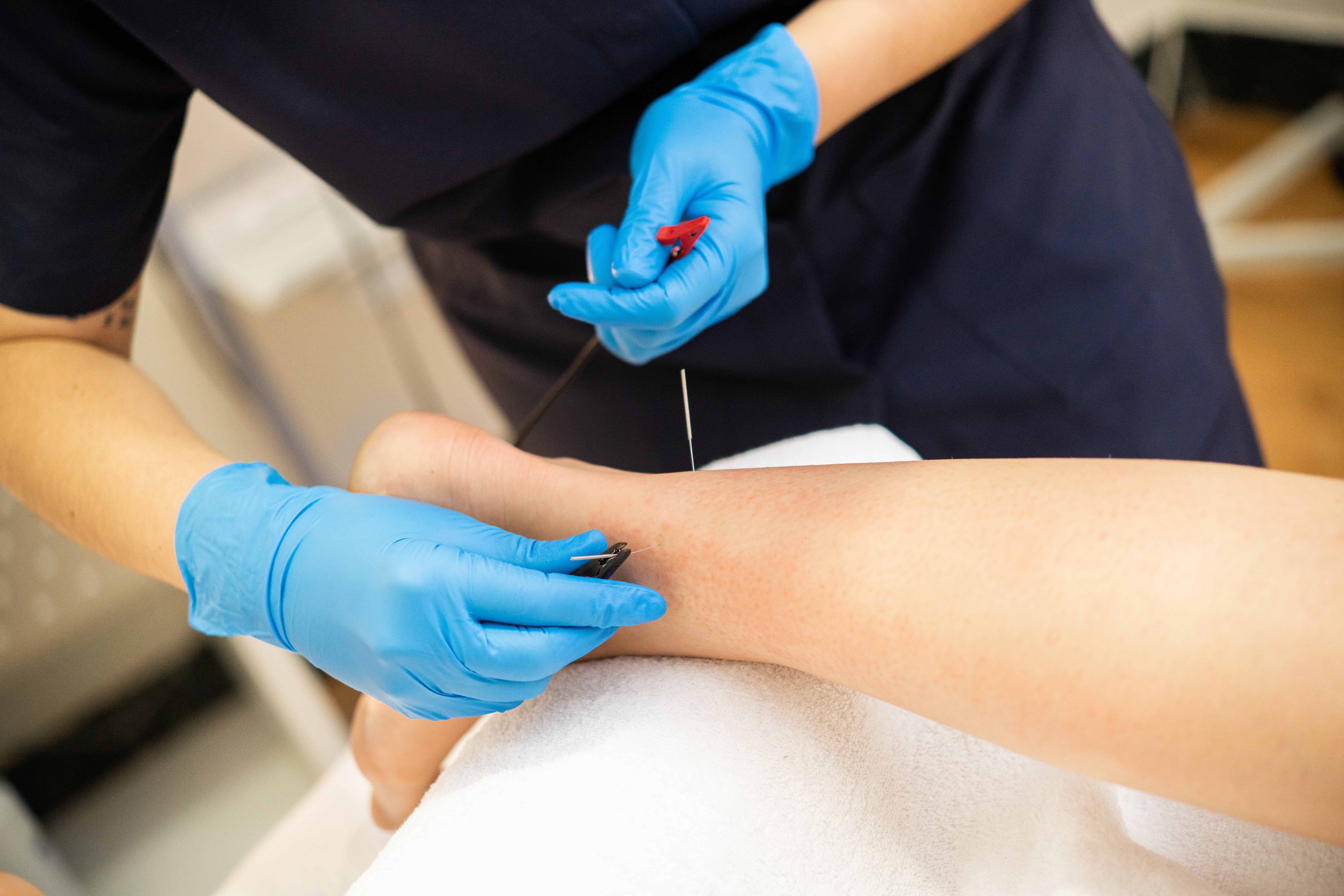
When most people think of podiatry, they picture orthotics, skin/nail care, or sports injury treatment. But podiatry isn’t just about what’s
happening mechanically in your feet, it’s also about supporting the body’s natural healing processes.
One treatment that’s gaining popularity in podiatric care is acupuncture — a technique with ancient roots and modern
scientific backing.
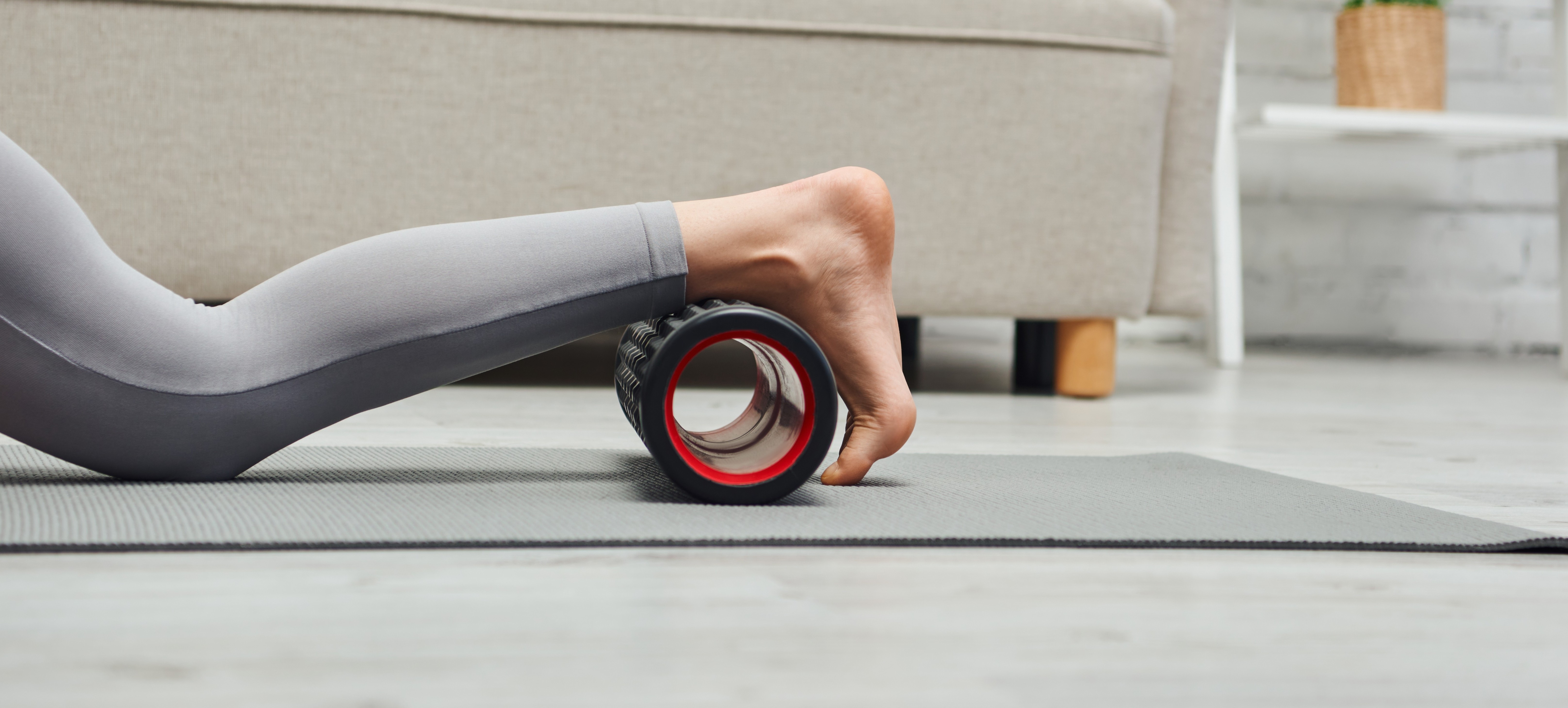
Even a few minutes of foam rolling per day can make a significant difference in your lower limb health. Focus on the calves, hamstrings, IT
band, and plantar fascia. Combine with stretching and strengthening for best results.
Read this blog to find out more about the benefits of Foam rolling.
Keeping your family on their feet and helping them to walk, run, play and exceed their goals is why we love getting up in the morning.
Ground Floor, One Health Building
122 Remuera Rd, Remuera
Auckland 1050, New Zealand
| MON - FRI | 7:30am – 6:30pm |
| SAT | 8:30am – 4:30pm |
| SUN | Some availability |
Make an Appointment
Online Schedule
Our virtual receptionist is available 24/7 to help with general questions, booking requests, and clinic information, even when our team is busy, or it's after hours.
Whether you're calling us or using our website, you'll get fast assistance any time of day. And if your query needs a personal touch, a member of our team will follow up as soon as possible.
If you’d like to see a podiatrist who speaks your preferred language, just give us a call and we’ll help you book.